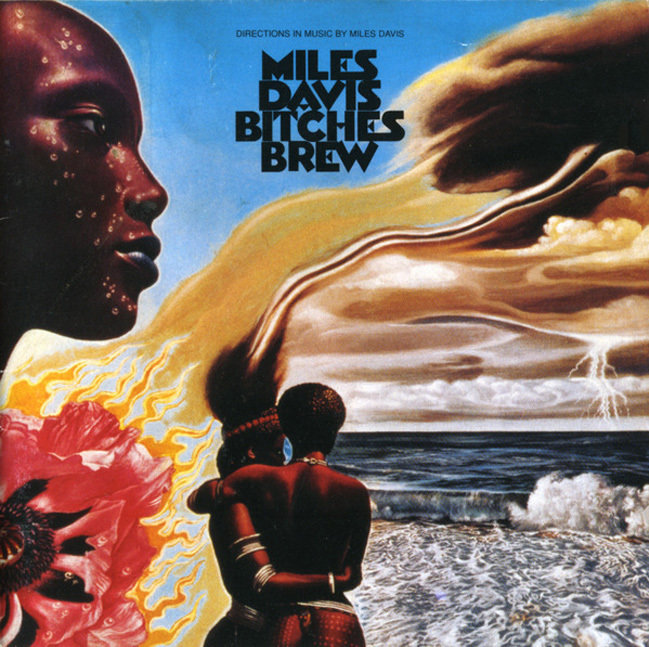9. Miles DavisPharaoh’s Dance

Like with Zappa there’s a steady basis in that record, using just a steady rhythm that came from funk, Sly & The Family Stone and stuff like that. So there’s a beat but on top of it there’s stuff that’s less extravagant than Frank Zappa, but in the harmonic department where you just drift in and out of tonalities. That period of electric jazz was great for a year or two, the first two Weather Report albums, then it became almost like a competition, like heavy metal or something, just shredding away and people playing fast and soloing.
One remarkable thing in that record is that there’s a lot of editing, and it was said at the time, but when I listened to it, and that goes back to what we said about Phil Spector, I wasn’t trying to deconstruct what it was. Decades later they put out a reissue and the guy who curated the release managed to do a list of the edits in ‘Pharaoh’s Dance’. I listened to the track and said ‘how did I not hear a section of playing that comes again and again?’, a theme that’s actually stuff edited from an improvised session. It was really brilliant to be doing that I think.
And also the edits are not natural – normally if you do an edit in a pop song you want not to hear it, but here it’s done in a way that’s unnatural, you get the tail end of a reverb, these strange things – it’s like you open a door and you’re somewhere else. You have to be able to dare, to have the idea of putting these two things together. It’s easy I find, especially with software, you just get carried along and repeat things. You have the unlimited possibility of… repentance!


